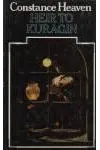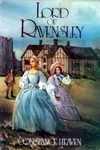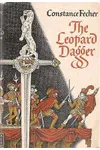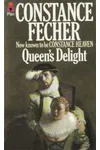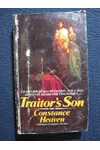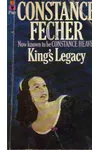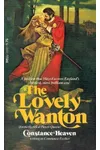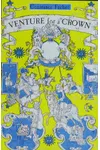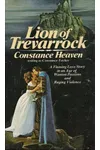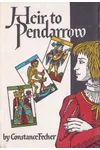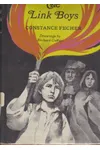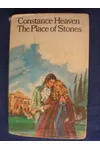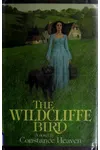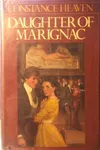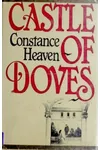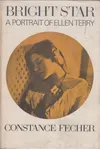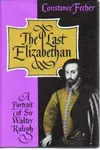Picture a British storyteller who swept readers into the opulent ballrooms of pre-revolutionary Russia—meet Constance Heaven! Born Constance Fecher in 1911, this celebrated author captivated audiences with her romantic novels, blending passion, history, and intrigue. Writing under her maiden name, married name, and the pseudonym Christina Merlin, Heaven’s knack for crafting relatable characters and emotional depth made her a standout in romantic fiction.
Her 1973 novel, The House of Kuragin, clinched the Romantic Novel of the Year award, cementing her legacy. From her early days as an actress to leading the Romantic Novelists’ Association, Heaven’s life was as vibrant as her stories. Ready to dive into her world?
The Making of Constance Heaven
Constance Fecher was born on August 6, 1911, in Enfield, Middlesex, London. Educated at the Convent of Woodford Green, Essex, she later earned an Honours degree in English from King’s College London in 1931, alongside a diploma from the London College of Music. Her creative spark shone early, leading her to a career as an actress from 1939 to 1966. After marrying William Heaven in 1939 (he passed away in 1958), she transitioned to writing, publishing her first historical novel in 1963 under her maiden name.
This blend of literary finesse, musical training, and theatrical experience shaped Heaven’s storytelling. Her ability to evoke vivid settings and complex emotions drew from her multifaceted background, setting the stage for her romantic masterpieces.
Constance Heaven’s Unforgettable Stories
Heaven’s novels are a delightful mix of historical romance and gothic intrigue, often set against richly detailed backdrops. Her breakthrough, The House of Kuragin (1972), follows Amarylis Weston, a young British governess entangled in a web of passion and betrayal in 19th-century Russia. This swashbuckling tale of desire amid the Russian aristocracy won the 1973 Romantic Novel of the Year award for its vivid storytelling and emotional depth.
She continued the Kuragin saga with The Astrov Inheritance (1973), focusing on Amarylis’ sister Sophie, and Heir to Kuragin (1978), delving deeper into the family’s legacy. Writing as Constance Heaven from 1972, her novels grew more romantic, while her Christina Merlin pseudonym produced works like Sword of Mithras (1982), showcasing her versatility. Heaven’s style—marked by immersive settings, flawed yet relatable characters, and intricate relationships—kept readers hooked across her 19 novels.
Her ability to weave historical authenticity with melodrama set her apart. Whether depicting the gambling dens of St. Petersburg or the tensions of Russian estates, Heaven’s stories pulse with life, making every plot twist feel personal and profound.
Why Constance Heaven Matters
Constance Heaven’s impact on romantic fiction is undeniable. Her leadership as the eleventh Chairman of the Romantic Novelists’ Association (1981–1983) championed the genre, inspiring countless writers. Her novels, though now less widely available, remain cherished for their emotional resonance and historical richness. Readers on platforms like Goodreads praise The House of Kuragin for its timeless charm, with some revisiting it decades later.
Heaven’s legacy lies in her ability to transport readers to distant eras while grounding her stories in universal themes of love, betrayal, and redemption. Her work reminds us that romance, when crafted with care, can be both thrilling and profound.
- Born: August 6, 1911, Enfield, Middlesex, UK
- Key Works: The House of Kuragin, The Astrov Inheritance, Heir to Kuragin
- Awards: Romantic Novel of the Year, 1973
- Pseudonyms: Constance Fecher, Christina Merlin
Snag The House of Kuragin and dive into Constance Heaven’s swirling world of romance and intrigue!

